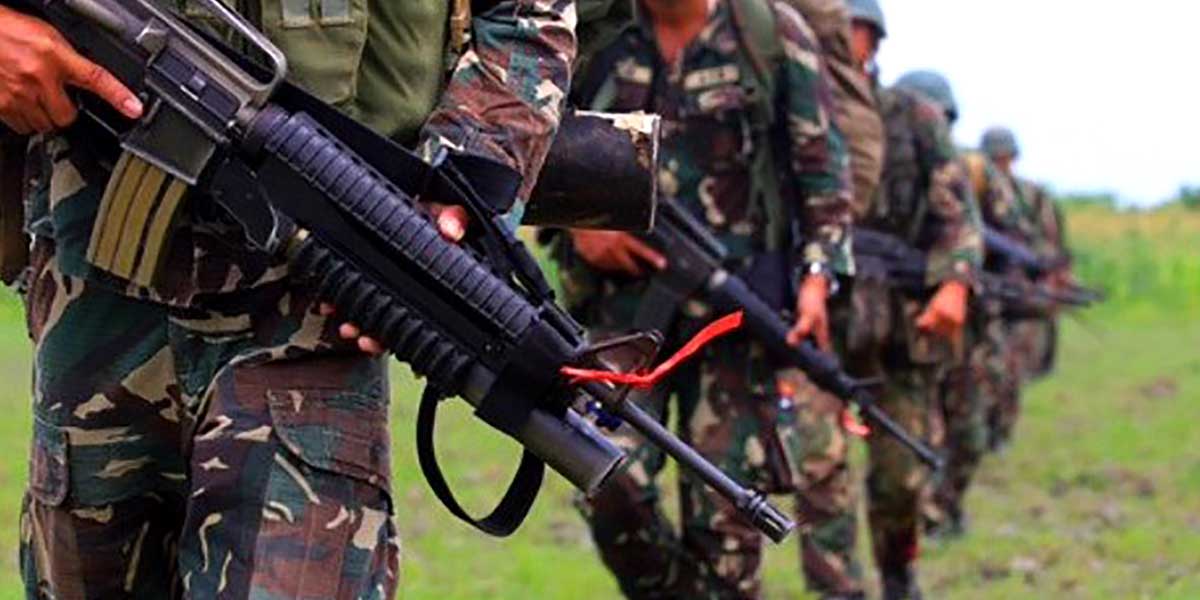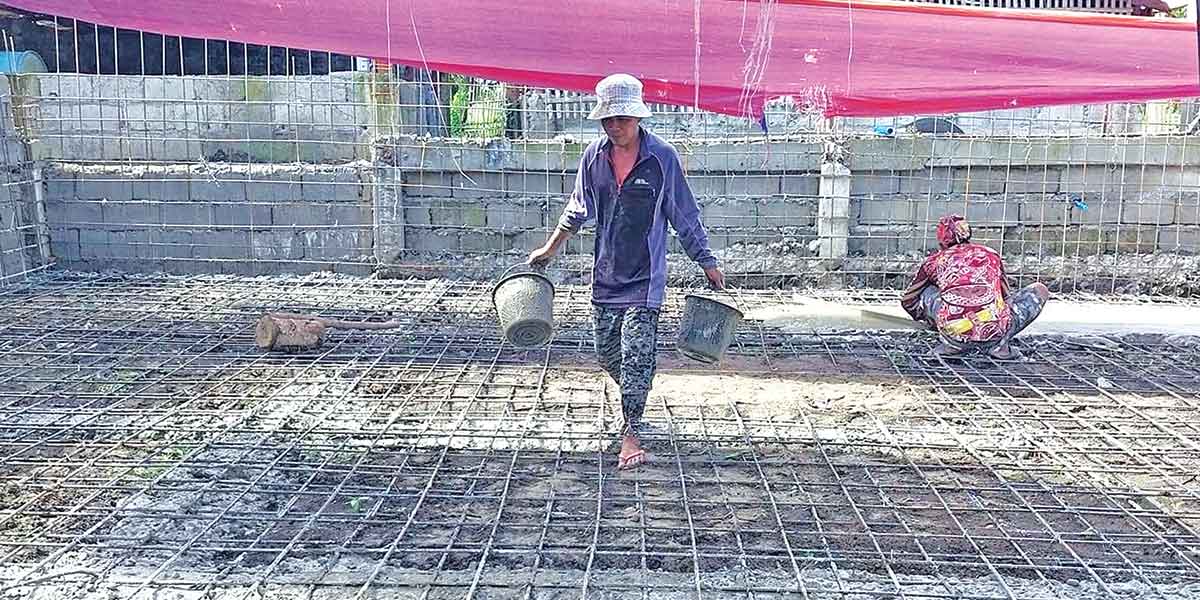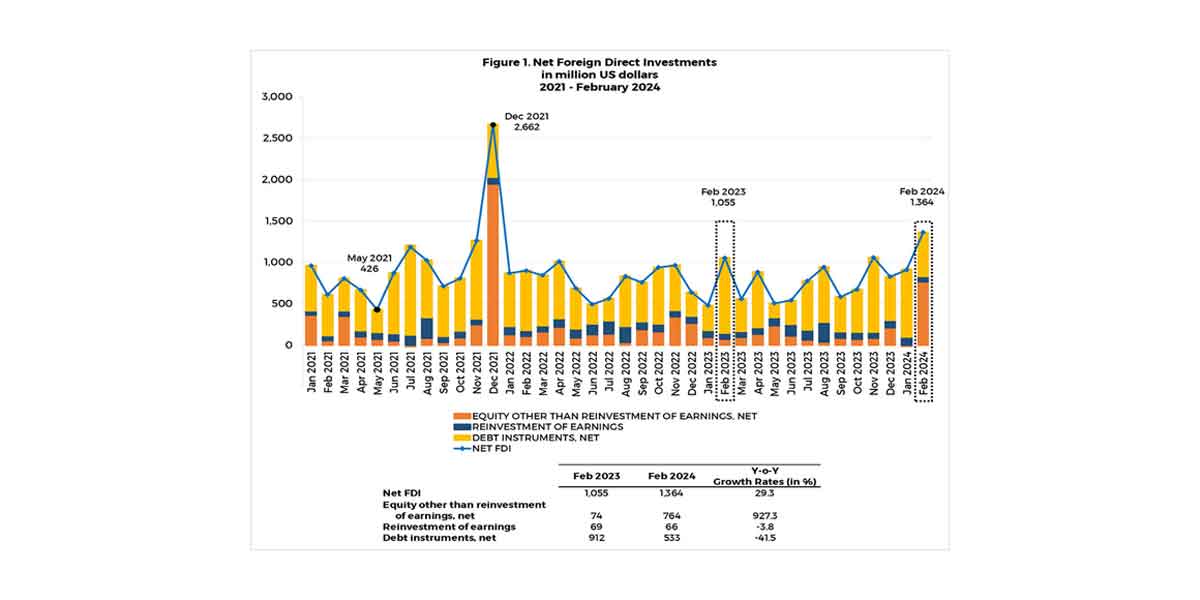 By Joshua Corcuera
By Joshua Corcuera
Last July 6, Global Finance released its rankings of the world’s safest countries for its 2021 edition. You would not expect how the Philippines ranked.
But, of course, with the title of this article, one would expect that we scored low — and low it was. Out of over 130 countries, the Philippines is last — literally. With a score of 14.8899, the country scored slightly higher than the second least safe nation, Colombia, at 14.8461. (Note: The higher the safety index score, the less safe a country is)
The rankings by Global Finance took into account three major factors: (1) war and peace, (2) personal security, and (3) natural disaster risk. The last one includes the risks presented by the highly contagious COVID-19. From the rankings, several insights can be opined.
Death penalty not necessary to impose security
Contrary to popular belief, the imposition of capital punishment or death penalty as a deterrent to crime does not necessarily result in a safer society. On the other hand, the lack of death penalty does not mean a society would be out of control — an anarchy.
Based on the list, the top 10 safest countries are the following: (1) Iceland, (2) United Arab Emirates, (3) Qatar, (4) Singapore, (5) Finland, (6) Mongolia, (7) Norway, (8) Denmark, (9) Canada, and (10) New Zealand.
Of these ten countries, only three uses the death penalty in punishing criminals: UAE, Qatar, and Singapore. The other seven nations do not execute criminals, however heinous their crime may be.
Yet, these seven were able to secure their constituents from crime and terrorism and promote their general safety. Instead of imposing death penalty, offenders — whether civil or criminal — will be caught, tried, and punished (if convicted) quickly and fairly. More importantly, their punishments are judged fairly — walang labis, walang kulang.
On the other side of the coin, countries that have retained the capital punishment are not assured of being safe nations. For example, the 4th least safe country in the world — Nigeria — uses the death penalty for certain crimes up to this day. Yemen, Lebanon, the Democratic Republic of the Congo, and Pakistan are also among the 20 least safe countries globally despite imposing the death penalty.
From here, it can be deduced that being cruel alone is not sufficient to control the population and, thus, create a safe society. Rather, being able to promote a culture where the masses — especially the youth — are taught to be humane and civilized, for the sake of crime prevention, is central to creating a secure society as in the case of the ten safest nations on the world.
Safety is a broad concept
When we talk about a safe society, we usually think of a society where there are low crime rates; communities where rape, murder, terrorism and similar heinous crimes are virtually non-existent. Although this is true, safety is not simply being safe from the forces of evil, but also from the wrath of nature.
As mentioned earlier, the three major factors for the rankings publicized by Global Finance are war and peace, personal security, and natural disaster risk. If we think of safety as being safe from criminals and terror acts, it merely encompasses the first two. The last one, natural disaster risk, is actually also part of safety — safety from falling victim to disasters such as typhoons, earthquakes, and public health crises.
Global Finance has a broader, though valid, point of view as to what constitutes as to whether a society is safe or otherwise. Natural disaster risk also considered the impact of COVID-19. This is why, in the same list, some nations that used to be among the safest are now in the middle of the list — torn between being safe or unsafe. For instance, Belgium, the United States, and Italy are ranked 66th, 71st, and 84th respectively despite performing better in pre-pandemic days.
Thus, it is essential for societies to orient themselves that a population that is genuinely safe is one that is secure not only from the sinister acts of their fellow human beings, but also to events presented by nature.
Altogether, if we want to create a safer country, it is imperative for us to improve further our justice system; specifically by making case trials smoother, faster, and fairer in prosecuting the oppressor and defending the oppressed — instead of imposing unnecessarily harsh punishments that present significant risks of wrongly punishing the innocent.
Another thing to remember is that we have to be more resilient to natural disasters, especially in a world where public health crises are still widespread despite the advancement of science and medicine; in a warming world as a result of human-caused climate change.




















